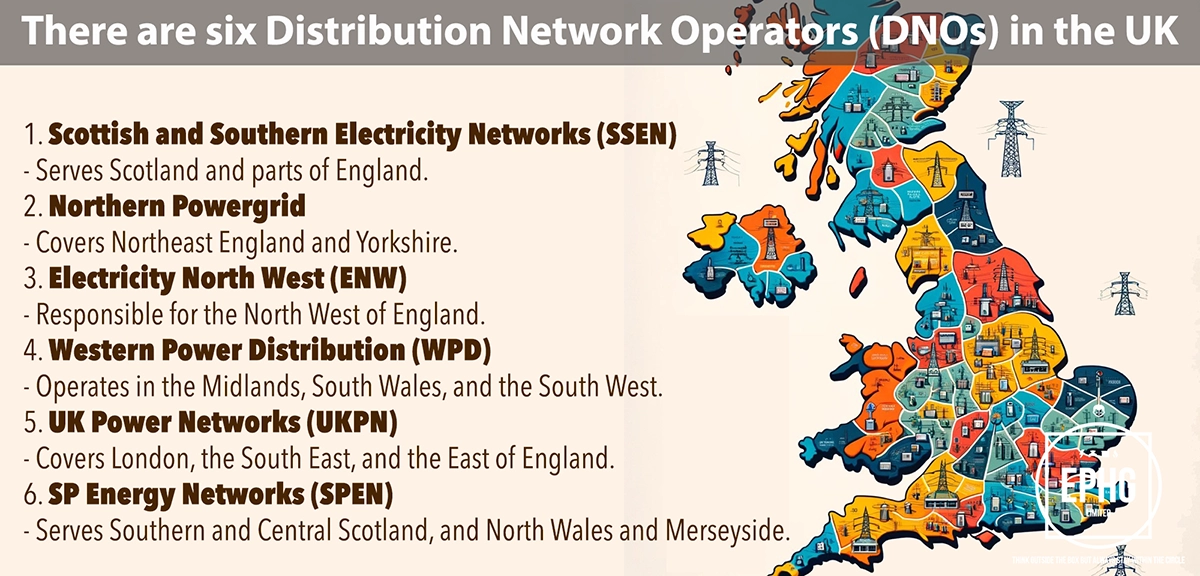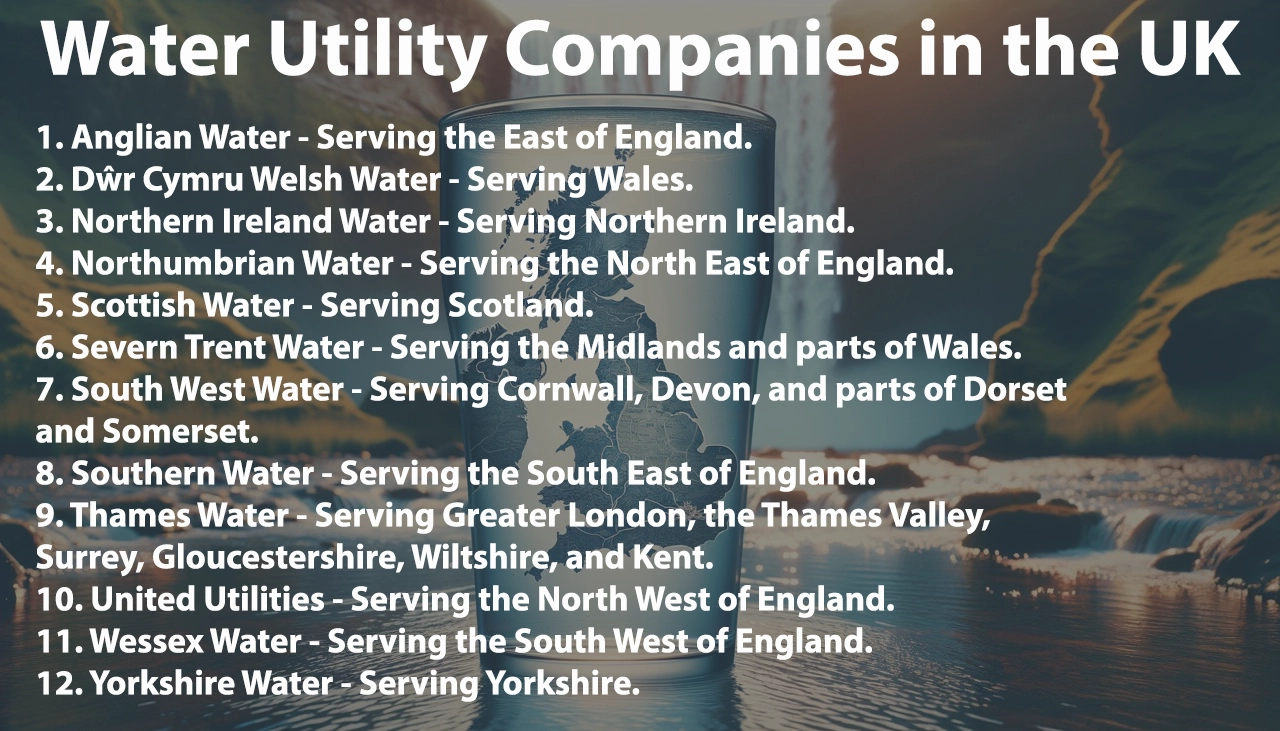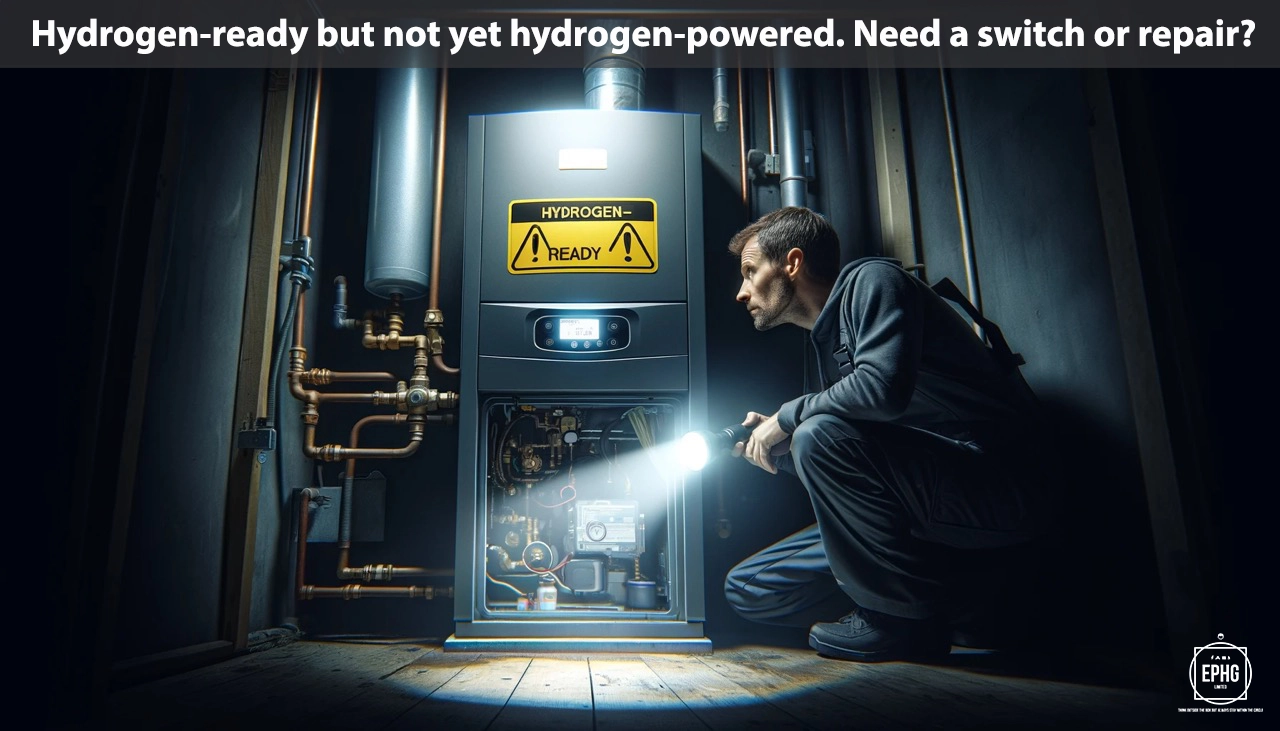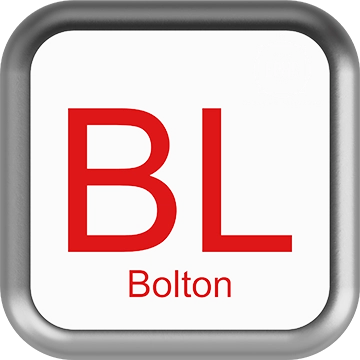
BL Postcodes for Utilities & Services in Bolton
Introduction: The BL postcode area, covering Bolton and its surrounding regions, here we present insightful details on water & electric, along with other essential services.
Water in Bolton
Where does the water supply come from in Bolton and is there ever a shortage of water?
In Bolton, the primary water supply is obtained from local reservoirs and groundwater sources, treated to meet stringent safety and quality regulations. The area's water infrastructure, managed by United Utilities, is robust, ensuring the consistent delivery of clean water to households and businesses. Despite this, Bolton, like many other regions, faces challenges due to climate variability, increasing demand, and infrastructural aging. Periodic water usage restrictions may be implemented during particularly dry periods. Residents are encouraged to practice water-saving measures to ensure sustainability and mitigate the impact of any potential shortages.
What is the hardness & quality of the water in Bolton and can this affect your health?
The water in Bolton is typically classified as soft to moderately hard. It contains relatively low levels of calcium and magnesium, reducing the risk of scale buildup in pipes and appliances. The water quality is consistently monitored, ensuring it is safe for consumption and meets all health and environmental standards. While hard water is not generally harmful, Bolton's water supply maintains a balance that is beneficial for both health and household use. Residents can use water confidently, knowing it is checked regularly for safety and compliance with rigorous health standards.
Electricity in Bolton
Where does the electric supply come from in Bolton and what is the future of energy there?
Bolton's electricity supply primarily comes from a combination of national grid sources, which include traditional fossil fuels and an increasing amount of renewable energies like wind, solar, and biomass. The town is witnessing a shift towards greener energy practices, aligning with the broader UK commitment to reduce carbon emissions and combat climate change. The future of energy in Bolton is geared towards sustainability, with local initiatives aiming to boost renewable energy adoption, improve energy efficiency, and decrease reliance on non-renewable sources. Significant investments are anticipated in renewable energy projects and infrastructure to promote environmental sustainability and energy security. The aim is for Bolton to transition from traditional energy sources to a more renewable, sustainable energy model, contributing to the nationwide effort to create a greener future.
When is hydrogen coming to gas boilers in Bolton?
The transition to hydrogen for gas boilers in Bolton is part of the UK's broader strategy to reduce carbon emissions from home heating. The timeline for this transition is still being developed, with pilot projects and initial rollouts expected to inform broader implementation. Bolton residents can expect gradual changes as the infrastructure for hydrogen delivery and usage is established. The switch to hydrogen aims to significantly reduce the town's carbon footprint in residential heating. Local residents are advised to keep their current heating systems well-maintained while staying updated on the latest energy developments and government guidelines regarding the transition to hydrogen heating systems.
Where Does the Wastewater Go in Bolton
In Bolton, wastewater management is a critical service ensuring the city's sanitation and environmental health. Used water from residential, commercial, and industrial sources is collected and transported to wastewater treatment facilities, where it undergoes extensive processing to remove pollutants. Following treatment, the purified water is released into local rivers or the sea, meeting strict environmental standards to ensure no harm to the ecosystem. Bolton's commitment to effective wastewater treatment reflects its dedication to preserving public health, protecting local waterways, and maintaining a clean and safe environment for all residents.
Regions and Services:
The BL postcode covers diverse areas, stretching from the bustling urban center of Bolton to the scenic settings of Lancashire's countryside. Key regions include:
- Bolton City: The heart of the region's utilities development, featuring extensive electrical and gas infrastructure and moving towards sustainable energy solutions.
- Bury, Radcliffe, and Westhoughton: Towns combining historic elements with modern utilities, reflecting their evolving urban landscapes and community needs.
- Farnworth, Horwich, and Ramsbottom: Communities experiencing growth in renewable energy initiatives, enhancing their traditional utility frameworks and supporting local sustainability efforts.
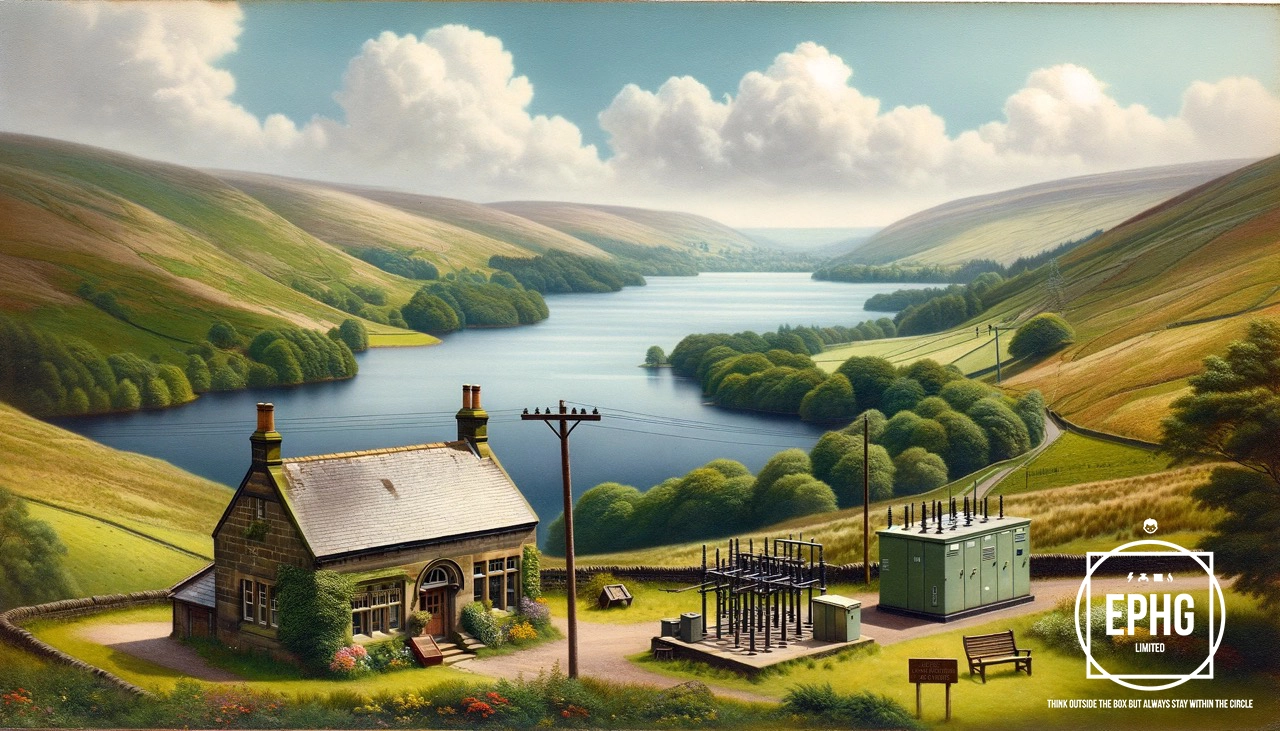
Regions within the BL Postcode
Bolton City
- BL1: Bolton Town Centre, Smithills, Halliwell, Heaton
- BL2: Ainsworth, Bradley Fold, Bradshaw, Breightmet, Harwood, Tonge Fold, Tonge Moor
- BL3: Little Lever, Great Lever, Darcy Lever, Deane
- BL4: Farnworth, Kearsley
- BL5: Westhoughton, Over Hulton, Wingates
- BL6: Horwich, Blackrod, Rivington
- BL7: Belmont, Bromley Cross, Egerton, Chapeltown
- BL8: Bury, Brandlesholme, Greenmount, Affetside, Hawkshaw, Holcombe, Ramsbottom, Tottington
- BL9: Bury, Heap, Heap Bridge, Nangreaves, Summerseat, Unsworth, Walmersley
Surrounding Areas and Villages
- BL0: Ramsbottom, Edenfield, Shuttleworth
- BL11: Bolton
- BL78: Bolton
- BL80: Bolton
